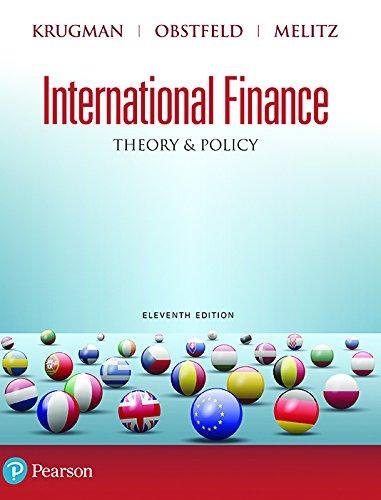
4. Suppose you are 30. You expect to retire as soon as you reach age 65, and live to age 100. Your real annual labor income is $150,000 a year until age 65. Suppose the real discount rate is 2%. Suppose from age 40 you start paying social security tax of $12,000 and continue to do so each year until retirement. Assume that all cash flows occur in annual frequencies and at year end, and the last social security tax is made when you just turn 65. a. What is your permanent income? How much do you need to save (including both personal and social security savings) each year during your working years in order to maintain a constant level of annual consumption that equals the permanent income? b. Verify that the PV of savings equal to the PV of consumption in retirement years. c. How much is your personal savings each year after you start paying social security tax? What is the annual benefit you get from social security after retirement? Does joining social security change your permanent income? d. Suppose you just won a lottery of $300,000 on your 30th birthday. By how much percent will your permanent income increase? e. Suppose that social security is able to generate annual return of 3%, which is higher than your personal savings return of 2%. By how much percent will your annual retirement benefit increase? 4. Suppose you are 30. You expect to retire as soon as you reach age 65, and live to age 100. Your real annual labor income is $150,000 a year until age 65. Suppose the real discount rate is 2%. Suppose from age 40 you start paying social security tax of $12,000 and continue to do so each year until retirement. Assume that all cash flows occur in annual frequencies and at year end, and the last social security tax is made when you just turn 65. a. What is your permanent income? How much do you need to save (including both personal and social security savings) each year during your working years in order to maintain a constant level of annual consumption that equals the permanent income? b. Verify that the PV of savings equal to the PV of consumption in retirement years. c. How much is your personal savings each year after you start paying social security tax? What is the annual benefit you get from social security after retirement? Does joining social security change your permanent income? d. Suppose you just won a lottery of $300,000 on your 30th birthday. By how much percent will your permanent income increase? e. Suppose that social security is able to generate annual return of 3%, which is higher than your personal savings return of 2%. By how much percent will your annual retirement benefit increase







